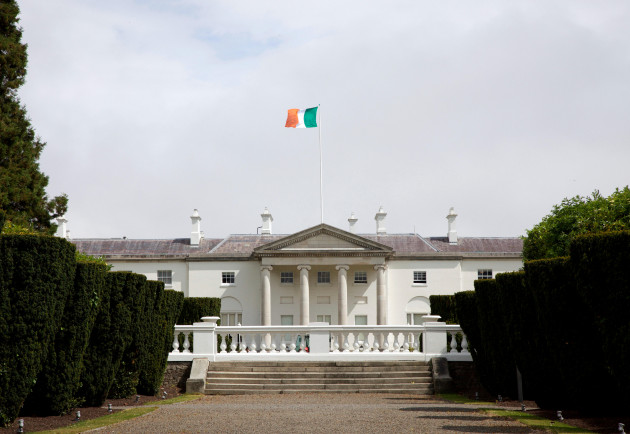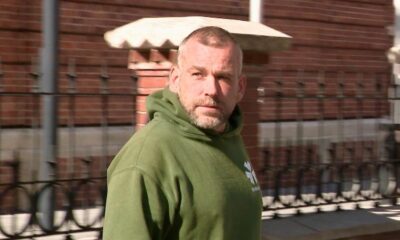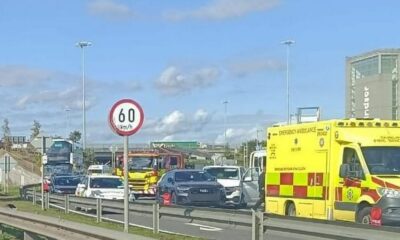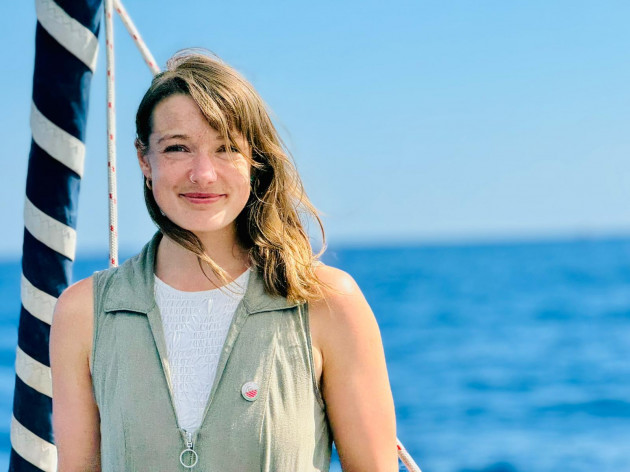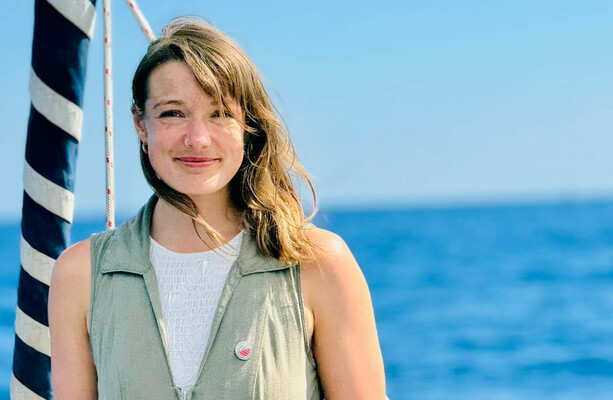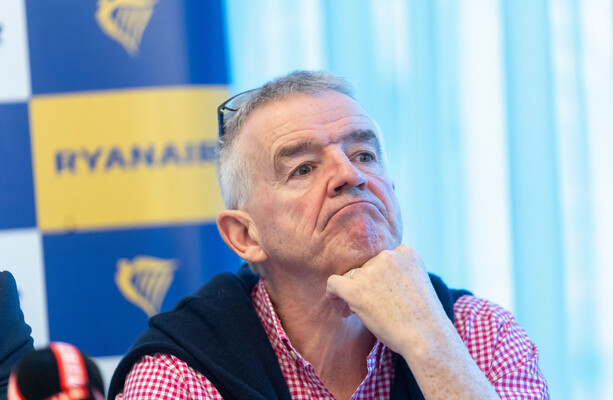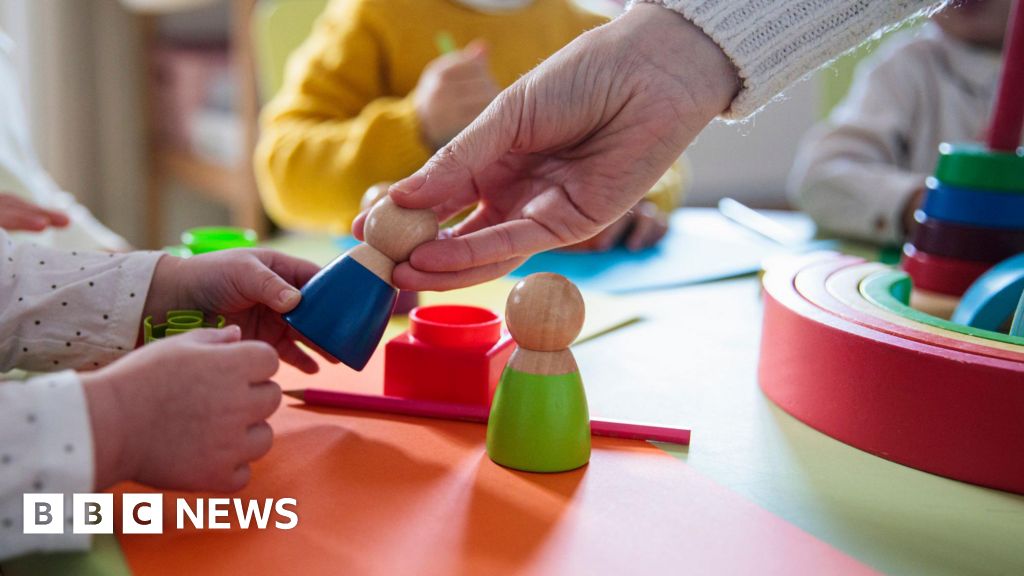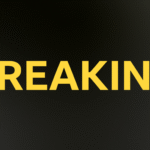FALSE CLAIMS ABOUT how to get on the ballot to run in Irish presidential elections have continued to spread online, including one which suggests that all would-be candidates must be nominated by the government.
In a video posted online last week, a social media personality claimed that candidates can not run without government support.
“To be even in the running for president, the government needs to nominate this candidate. ‘Now you can vote for them’,” anti-immigration commentator Michael McCarthy says. “In Ireland, right now, the government is blocking any candidates they don’t agree with.”
The video was viewed more than 58,000 times on Facebook and more than 130,000 times on X since they were posted on 17 September.
However, this claim is untrue.
In Ireland, there are two routes by which a candidate can get on the ballot. Candidates must be either nominated by 20 members of the Oireachtas (which includes TDs and Senators), or be nominated by at least four local authorities.
The process is outlined in the constitution of Ireland, which states: “No person and no such Council shall be entitled to subscribe to the nomination of more than one candidate in respect of the same election” – meaning that no one TD, senator, or council can nominate two people for president.
Given that there are 234 members of the Oireachtas (174 TDs and 60 senators), as well as 31 local authorities in Ireland, there are multiple paths for a person to get onto the presidential ballot.
There is also no mechanism for TDs, Senators or councils to actually “block” a candidate that has been nominated by anyone else – and they are not obligated to nominate any particular candidate, or even any candidate at all.
However, political parties do often order their members not to support any candidate who the party does not put forward. However, this order is not always adhered to, as in the case of a Tipperary Fine Gael councillor who backed Gareth Sheridan’s bid to run as an independent this year, in spite of her party’s orders.
Technically, the government of Ireland usually refers to the Cabinet, which is to say the Taoiseach, the Tánaiste, and government ministers. However, it is also used less formally to refer to the parties that form the government, which are currently Fianna Fáil, Fine Gael, along with a small group of Independent TDs.
Nominations
So, does a candidate need government support, either in principle or in practice?
No. There are currently 83 Dáil members and 23 Seanad members who are not part of the cabinet nor of government parties.
From these 106 Oireachtas members, five different presidential candidates could each potentially gain 20 nominations and run in the election without any support from the government.
It has been argued that politicians who helped negotiate the formation of the government, though are not part of it, such as Michael Lowry, should not be counted as opposition.
These TDs are not under the party system and there appears to be nothing stopping them from nominating who they like. In fact, some of this group did nominate an independent candidate, along with former members who now hold junior ministerial positions.
But for people who do consider these TDs to be part of the government, the number of potential candidates that could be nominated by non-government TDs and Senators drops, but just to four.
In fact, one of the candidates who has successfully made it onto the ballot, Catherine Connolly, did so without the need for nominations from government-aligned TDs or Senators. While she has since gained the support of Sinn Féin and the Green Party, Connolly initially reached the required nominations from the Social Democrats, People Before Profit, and independent TDs and senators.
Maria Steen also appeared likely to get on the ballot without support of the government parties, but a failure to get enough independent TDs and senators on her side left her with 18 nominations – just two shy of the quota. The result appeared to echo Michael Fitzmaurice’s 2018 bid to get on the ballot, that fell short by a single nomination.
Nor does a lack of government backing seem to be a deciding obstacle for candidates who do make it onto the ballot, such as former president Mary Robinson.
Non-government nominated candidates have been a feature of Irish presidential elections, and no government parties officially put forward a candidate in 2018. That year also saw three of the resident investors from the Irish version of the television show Dragon’s Den run in the election, following nominations from county councils.
Council nominations
The county council route also remains viable for candidates without government support. This involves a special vote to see whether the majority of council members are in favour of nominating any candidate at all.
There are many councils where government parties are in the minority, such as Cork City Council, Donegal County Council, Dublin City Council, Dún Laoghaire–Rathdown County Council, Fingal County Council, Galway City Council, Kerry County Council, Louth County Council, South Dublin County Council, Waterford City and County Council, and Wicklow County Council.
There are more than enough county councils where non-government councillors have a majority to nominate multiple candidates for the presidency. In reality, most councils declined to nominate a candidate.
None of those running in the 2025 presidential election were put on the ballot through this route, though Gareth Sheridan did receive nominations from Kerry and Tipperary councils, while former Cork Mayor Kieran McCarthy received Waterford’s backing.
Ultimately only three people are in the running to be the next president of Ireland, though it had been possible for far more candidates to get onto the ballot, with or without government support.
Yesterday, when the deadline for nominations passed, only Independent candidate Catherine Connolly, Fine Gael’s Heather Humphreys, and Fianna Fáil’s Jim Gavin had collected enough nominations to run.
Misinformation about the presidential electoral process can undermine people’s trust in democracy, as well as feeding into claims that elected representatives are illegitimate.
Election misinformation debunked by The Journal include claims by Elon Musk that Simon Harris was blocking the ‘will of the people’ by not nominating Conor McGregor for president; and that Irish presidents can call referendums to change the constitution.
The Journal Factcheck has also examined a controversial trip to Syria by Catherine Connolly, and a green paper on disability payments that is haunting Heather Humphreys’ run.
The Journal’s FactCheck is a signatory to the International Fact-Checking Network’s Code of Principles. You can read it here. For information on how FactCheck works, what the verdicts mean, and how you can take part, check out our Reader’s Guide here. You can read about the team of editors and reporters who work on the factchecks here.

